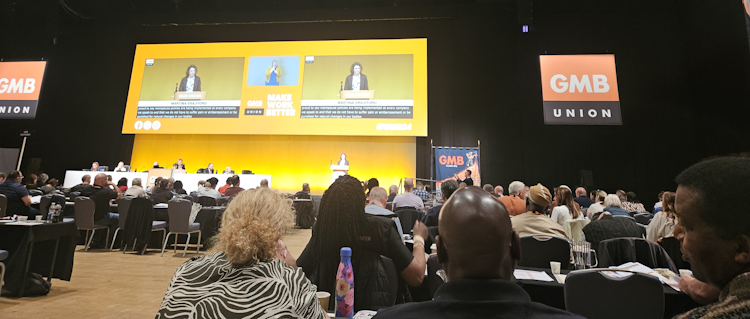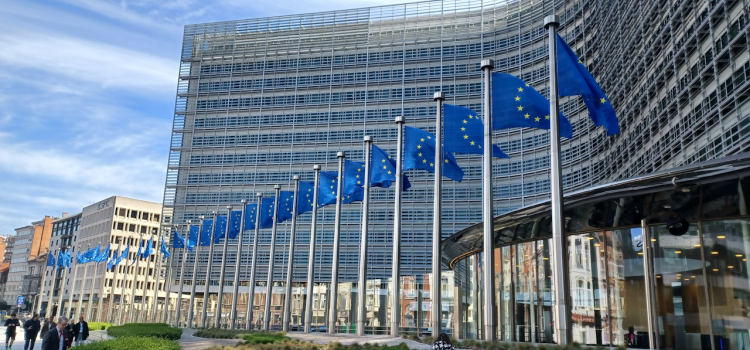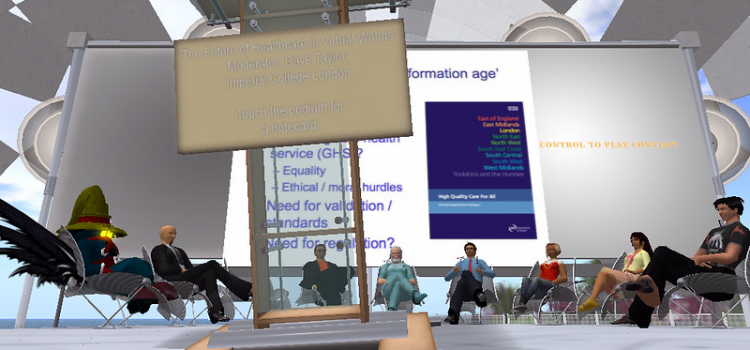Here is a swift call to action on Labour’s National Policy Forum, on relations with the European Union. I made an extract of the document to collect what they say. Earlier this month, Labour issued its NPF report in draft form. Members have the ability, through their local parties, to amend the this report; Labour Party members have until May 29th to notify, through their CLPs, their CLP NPF Reps of changes they want to see in the draft policy document.
Perhaps the critical paragraph is,
An improved relationship with Europe
To deliver prosperity at home, it is vital to re-establish the UK as a trusted and reliable partner. As part of our mission for the UK to achieve the highest sustained economic growth in the G7, Labour will seek to improve the UK’s trade and investment relationship with Europe while maintaining its new role outside of the single market and customs union.
Labour’s NATIONAL policy FORUM dRAFT rEPORT 2023
I believe that the UK should rejoin the European Union but that a first step is that, it is necessary to rejoin the customs union and single market to alleviate and reverse the decline in economic activity and prosperity; it is now obvious to the vast majority of the UK population that this is the direction required. I also believe a failure to get the position on the EU right will jeopardise Labour’s electoral prospects.
Labour must,
1. call for a new relationship with the EU involving the adoption of the single market and customs union, including a reciprocal freedom of movement to work and that as part of this, Labour must repeal the cruel hostile environment.
2. commit to rejoin Horizon Europe and Erasmus+
3. add to the draft the recent promise to permit EU citizen/residents to vote in UK Parliamentary elections
The Labour Movement for Europe are proposing that, the Party must promise to negotiate direct access to the single market and a selective visa waiver system. We believe we must commit to the single market’s free movement of labour with no sectoral reservations but wish the LME well. We think their position will be less acceptable to the EU since their position is that the four freedoms are indivisible. To me it’s an example of our continued attachment to “Extrawurst”!
The featured image is one of mine. CC DFL 2017 BY-SA …








